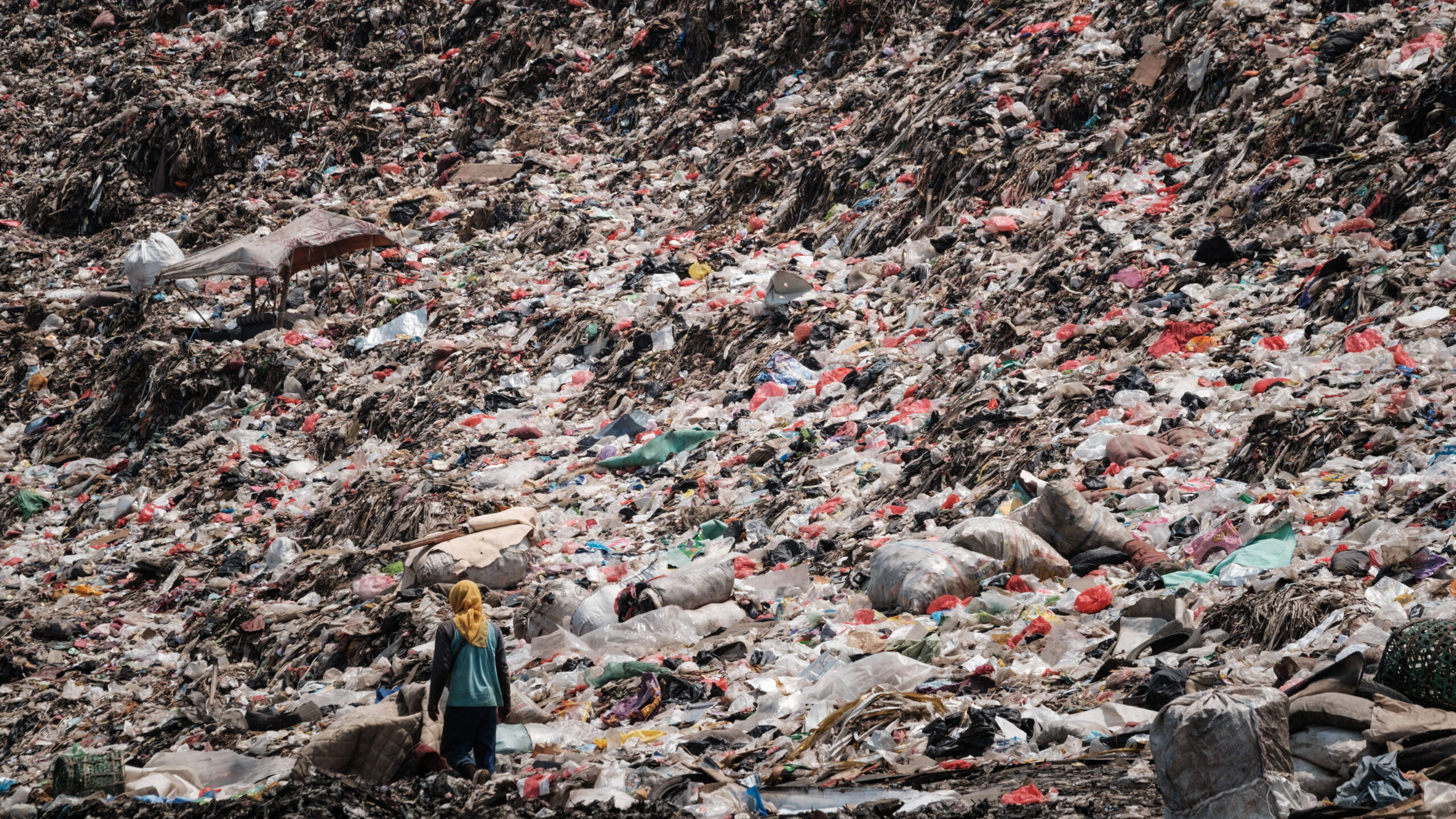The plastics industry has worked for decades to convince people and policymakers that recycling would keep waste out of landfills and the environment. Consumers sort their trash so plastic packaging can be repurposed, and local governments use taxpayer money to gather and process the material. Yet from the early days of recycling, plastic makers, including oil and gas companies, knew that it wasn’t a viable solution to deal with increasing amounts of waste, according to documents uncovered by the Center for Climate Integrity.
Around the time the plastics industry launched its recycling campaign, the head of a trade group called the Vinyl Institute acknowledged at a 1989 conference that “recycling cannot go on indefinitely, and does not solve the solid waste problem.”
One of the biggest challenges is that making new plastic is relatively cheap. But recycling generally costs as much as or more than the material is worth, a director of environmental solutions at B.F. Goodrich explained at another industry meeting in 1992. The “basic issue,” he said, “is economics.”



Recycling should’ve always been accounted for in the cost of making plastics. Instead of handing it on a consumer tax level, the manufacturer should eat the cost of recycling and just raise the price of plastics to what they would be when accounting for a full lifecycle.